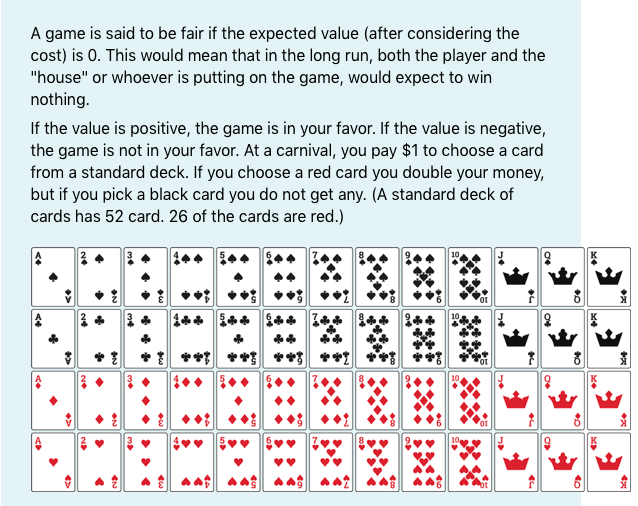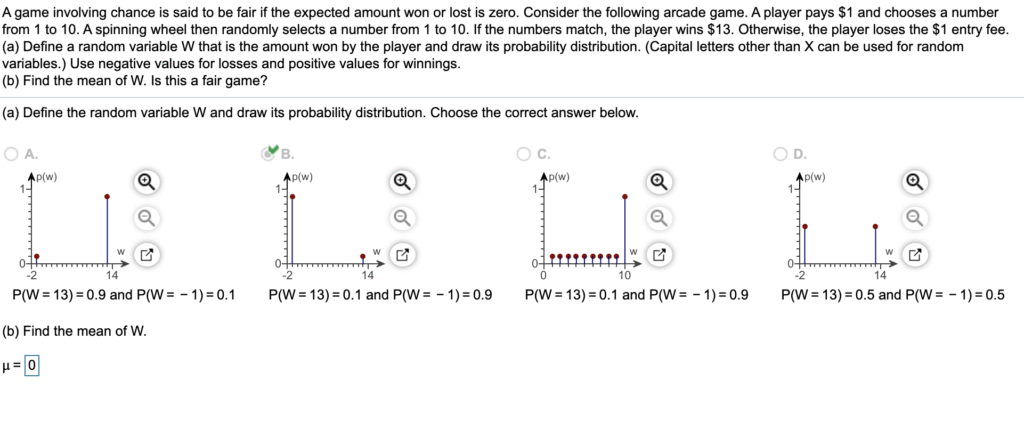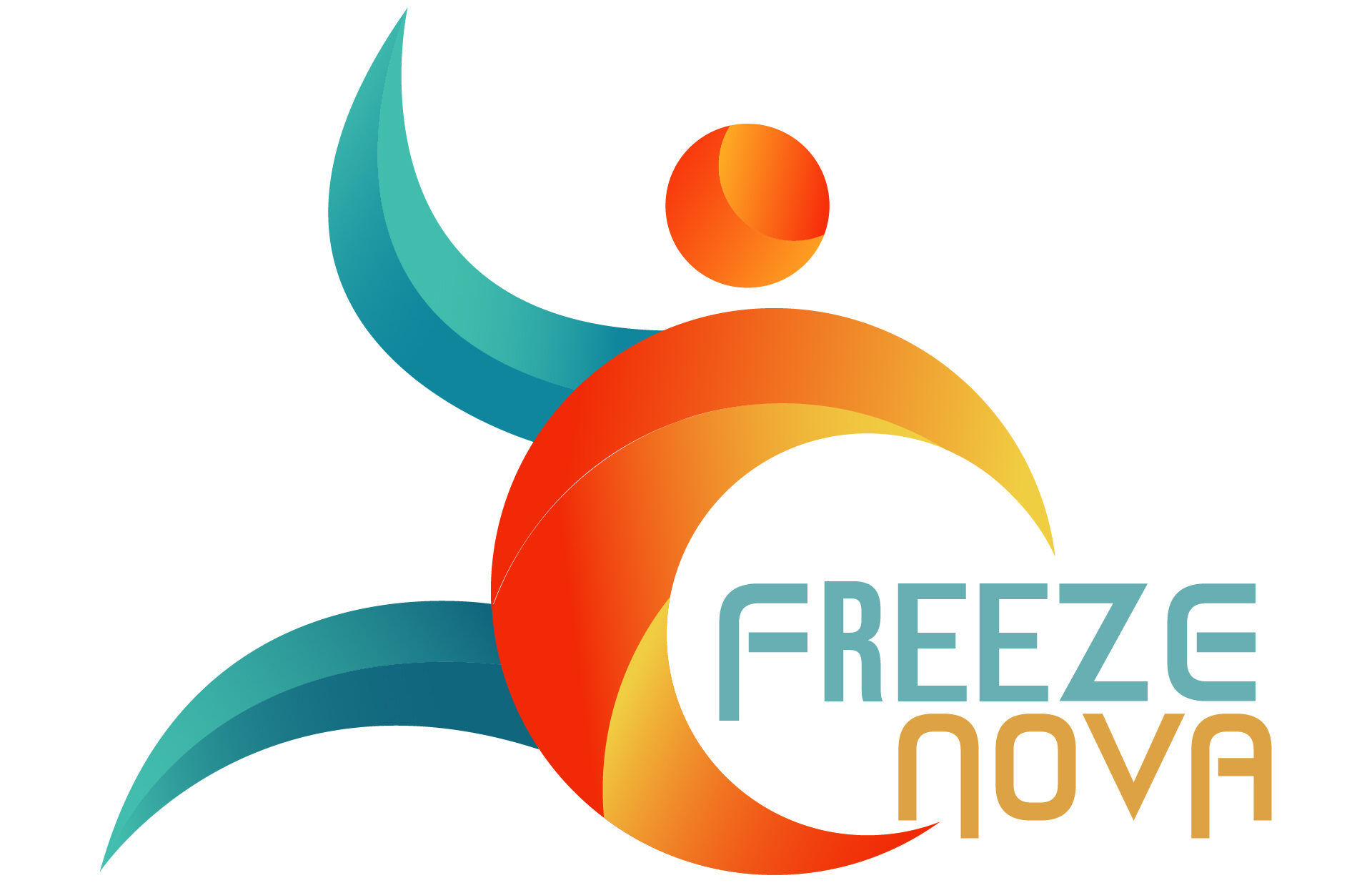A game is fair if chances of winning are the same for every person under the rules. In other words, everyone starts out on equal ground. Fairness creates a situation where every result is accurate and fair. Everyone playing can feel sure about the outcome. If everything is fair, the experience is more enjoyable and others can trust you.
The Basics of Fair Games in the Field of Probability
When a game is fair in probability, all players have equal chances and the expected worth is zero. In other words, there are periods in which teams win and lose about as much as they do well or poorly. Players’ victories and losses come and go. Everyone is set up equally and neutrally. This idea explains fairness in a way we can understand through math.
What Causes a Game to Become Unfair?
Any game is unfair when the rules are written to benefit only one player or team. If one player’s chances are better with no effort, the game is unfair. People often become unhappy which results in others avoiding playing. When games are not equal, competition breaks apart. They usually result in frustration and a lack of motivation.

The Basic Concept of Fair Games
Calculating the expected value determines whether a game is fair by showing its normal outcome. A game is balanced when the expected value equals zero. As a result, everyone has a fair chance in the long run. When the prize money is unequal, one team gets an advantage. A fair expected value means everyone is treated equally.
The Coin Toss is a Very Easy Game with the Same Chance
A fair process such as the coin toss, is so because each side faces a 50% risk. You win or lose only through the luck of the draw. Because of this, it has no personal interest in either outcome. That’s why it is important for making just choices. People everywhere appreciate how easy and balanced it is.
How Games are Built
Fairness in games is built using probability. Rules are made to ensure both parties have equal power. If a winner is too obvious, you can’t achieve balance. Using fair design ensures that matches stay fun and balanced. When planning is done correctly, everyone has an equal opportunity.
The Reasons Casinos Aren’t Really Faires
Since casinos exist to earn profits, their games tend to work for the house not the player. It doesn’t matter if the outcomes seem random; the odds are not on the player’s side. Gradually, the wins for players tend to remain small while the losses increase. So, the value you can expect to make is less than the value you need to begin. So, even though they’re fun, casino games aren’t really fair.
Is Fairness the Same as Equality in Games
Treating everyone the same doesn’t always mean they will have the same experiences or achievements. Even though skill may bring more wins, that’s still acceptable. All that matters is that each team has the same chances from the start. The results players get from games should depend partly on their effort, not only on luck. That explains the difference between fairness and just plain equality.
Playing in Real Life Settings
It’s just as important to be fair in our lives as it is in playing games. When sports, school or work are fair, everyone develops trust and respect in relationships. If teammates believe everyone follows the same guidelines, they often give their best. It helps create superior achievements and fair competitions. Fairness helps a system to work better and attract acceptance.
Changing an Unfair Game so Everyone Has a Chance
Being fair matters—that’s why we can swap rules or results to counter any unfairness. For example, rewards or chances can be modified to help. For this reason, the game becomes more fun and challenging. People become more motivated once things are fair again. Little improvements can make every booking better.

The effect rules have on game fairness
Every fair game depends on strong rules. They show the way the game is played and make sure everyone moves together. Giving equal treatment to all results in a fair system. Good rules make it fair and build trust among the community. Fairness is quickly lost when there are no good rules.
Why Game Transparency Matters
When everyone knows both the rules and what to expect, the game is transparent. If people understand the principles of the game, they believe it is fair and respectful. When players don’t know all the rules or what they could win, it may make them confused. Being open about everything allows all the participants to follow similar rules. Its purpose is to keep every game played fairly and openly.
Should a person’s skill or luck decide the outcome of a fair game?
Fairness in any game is found by including a mix of skill and luck, according to its design. Certain activities depend largely on fortune, much as in rolling the dice. For games like chess, it’s mostly about skill and planning your moves. Players find it both interesting and entertaining when levels are mixed in balancing ways. The final victors in the game should be chosen by how balanced the game was designed to be.
Read More: A Game Is Said to Be Fair If: 7 Powerful Rules That Prove It’s Truly Balanced
Conclusion
Being fair in games requires everyone has an equal shot, the guidelines are clear and the outcomes are even. It introduces challenges, helps friends bond and inspires people to compete. Both board games and sports should have fairness as a priority. It also illustrates our actions in ordinary life. Skill should be rewarded and play should always be fair in any real fair game.
FAQs
To put it simply, what is a fair game?
A fair game means everyone gets the same chances and is treated likewise.
How do you determine if a game is playing fairly?
A game is fair if the expected value is consistent with zero.
Is it possible to win on casino games without any unfairness?
Yes, they’re made to provide a benefit to the house over long periods.
Could something be fun but also not fair?
Even though lots of games are enjoyable, they tend to work in one team’s favor such as gambling.
How can we make games more equal?
To make the experience fair, we change aspects of the rules or how much you get paid.










